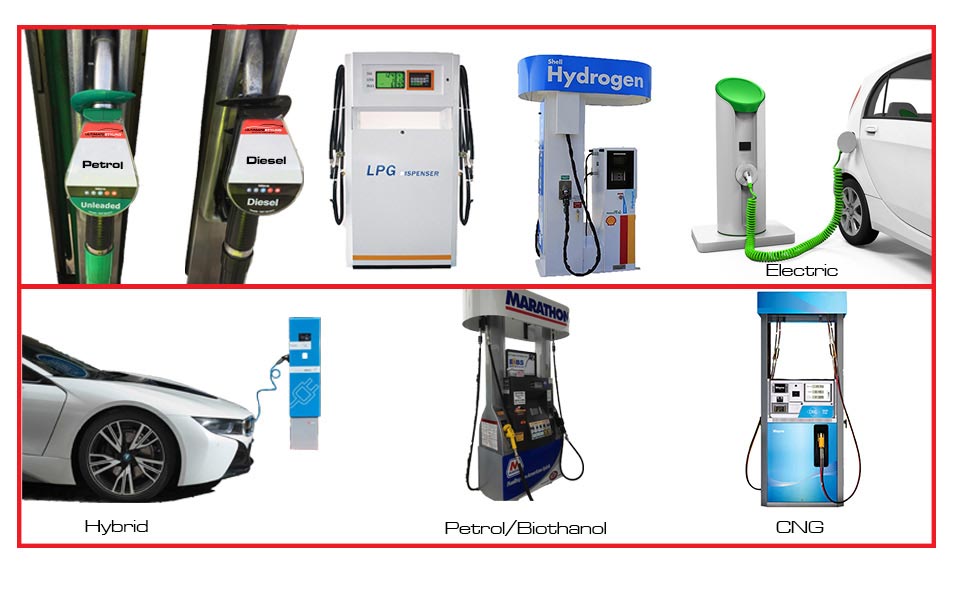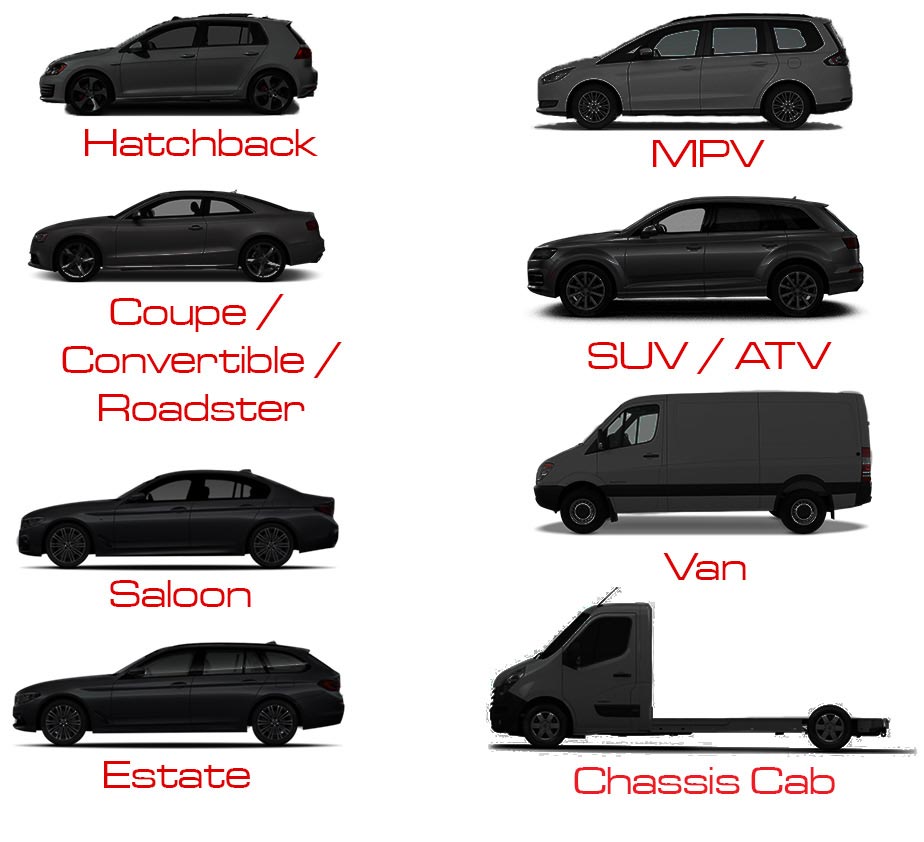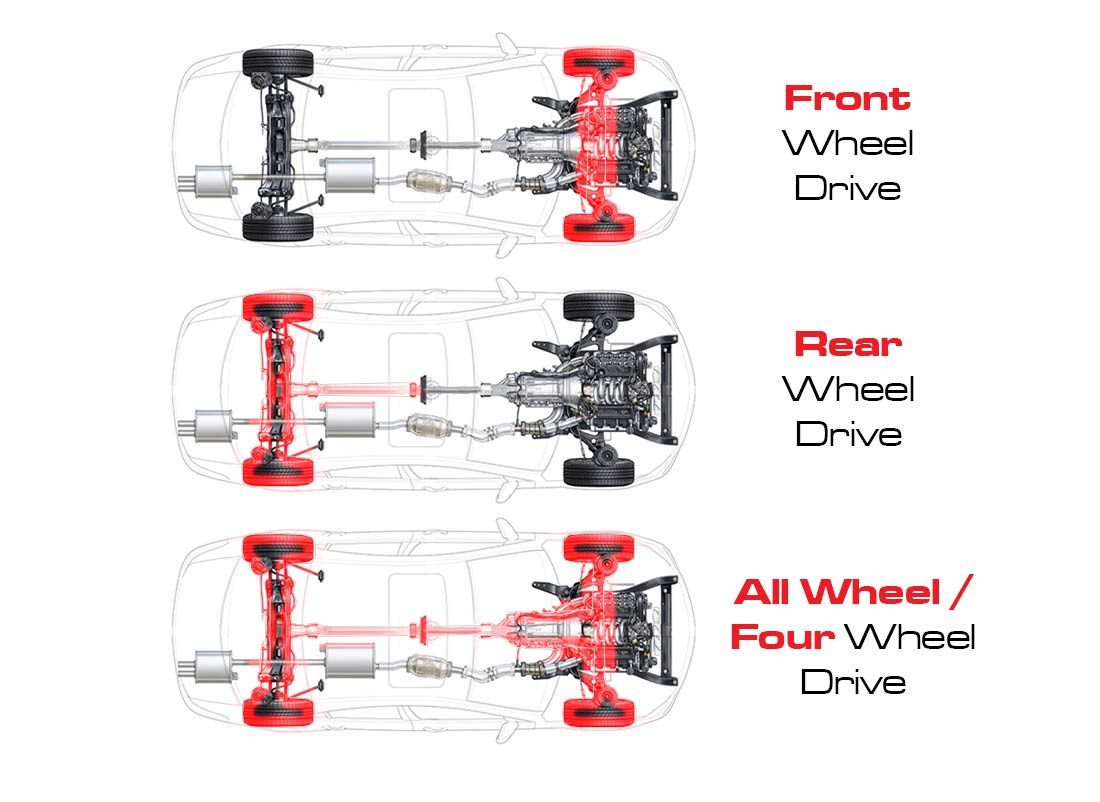
There doesn’t seem to be a day that goes by that there’s not new innovative ways that people are scammed out of hard-earned money. The latest scam that is conning UK drivers is the DVLA text scam. Fraudsters are pretending to be from the DVLA, sending fake texts and emails to drivers in a bid to steal personal information and bank details.
According to the DVLA, there have been 1,275 cases reported in the last 3 months of 2018. In a bid to crack down on these scams, the DVLA have released 7 tips to help UK motorists avoid becoming victims to fraudsters.
The DVLA tips are below:
• Only use gov.uk websites when looking for information online so you know the service you’re using is legitimate.
• Watch out for scam emails. The DVLA never asks for personal information via email, so if you receive one, ignore it.
• Don’t use third party websites that charge additional fees for services free-of-charge on gov.uk websites.
• Never use a premium-rate phone number to call the DVLA. All DVLA contact centre numbers begin with 0300 and are charged at local rates.
• Don’t share images of your licence or vehicle documents on social media to protect yourself from would-be thieves looking to steal your identity.
• Ignore any text messages about vehicle tax refunds. The DVLA never sends texts, so delete them immediately.
• Report any suspected scams to Action Fraud immediately to help keep you and others safe from fraudsters.
The best advice we can give to avoid fraud of any kind, is to always be sceptical. Fraudsters often find most success drawing people in with “tax rebate” emails and texts where they ask for bank
details. If it looks too good to be true, it more than likely is too good to be true, so don’t fall for the trap.
Thanks for reading and please feel free to share this information with friends and family.














